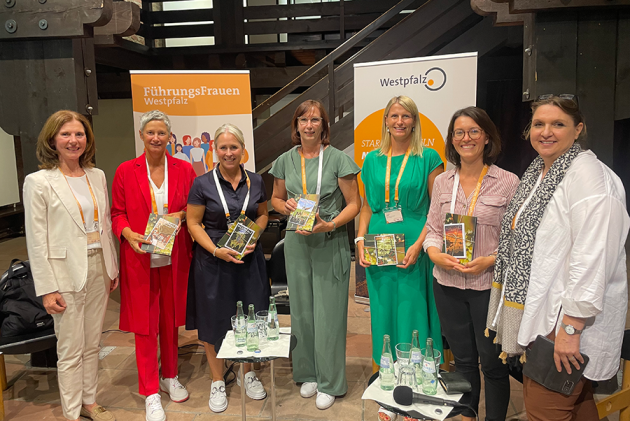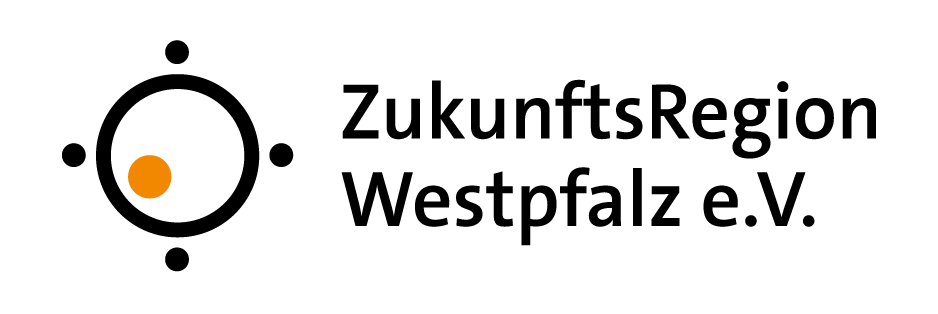Women in politics - a talk with female politicians

Foto: ZRW
Five female politicians from the future region of West Palatinate. Five women in different positions. Five different careers and motivations that have brought them to their current positions. However, at the 7th network meeting of FührungsFrauen Westpfalz, a joint event of the ZukunftsRegion Westpfalz (ZRW) and the IHK Pfalz, one common goal can be defined: Strong women in politics strengthen strong women in business!
It's the figures that speak for themselves and underline the importance of the topic, says ZRW board member and IHK vice president Jutta Metzler: At national level, the proportion of women is just under 35%. At state level, it is only 24% and female mayors and district administrators are represented by only 10%. Women have had the right to vote for over 100 years. And to be fair, it has to be said that a lot has already happened. But not enough, as the figures show. There is still no equal representation of women in ministerial positions in the German Bundestag.
The barn of the Theodor Zink Museum provided the perfect setting for a personal exchange with the five politicians who took part in the panel discussion: Dr. Susanne Ganster (District Administrator for the district of Südwestpfalz), Beate Kimmel (Lord Mayor of the city of Kaiserslautern), Dorothee Müller (Equal Opportunities Officer for the district of Kaiserslautern), Margot Schillo (Member of the district council and honorary mayor of Herschweiler-Pettersheim, district of Kusel) and Lisett Stuppy (Member of the Rhineland-Palatinate state parliament for the Donnersberg district). The discussion was moderated by Jutta Metzler and Veronika Pommer, IHK regional manager for North-West Palatinate.
All women, across regions and political parties, gave very honest and open insights into the following topics Motivations for entering politics. Challenges they have had to overcome and still have to overcome. Political issues that are of particular concern to them in their respective offices.
While most of the women politicians present entered politics rather unplanned, for others it was clearly defined from childhood to become politically active. There were hurdles for all of the women due to different factors, which once again highlighted the importance of solidarity and mutual encouragement. Not least because the public pressure and quick condemnation that women unfortunately often experience are difficult to overcome alone. Support from those around them is also an important factor. The bottom line is that even strong women leaders have people behind them who have helped shape their paths and decisions and who support them.
Further interesting questions were asked and discussed during the open Q&A session with the participants.
Conclusion on the topic of the 7th network meeting: Women in politics and women leaders in business share similar topics and challenges.
One common finding is that a good network and thus mutual exchange as well as valuable tips, such as those given by the female politicians to the female leaders, are important factors for attracting women to management positions in the future.


